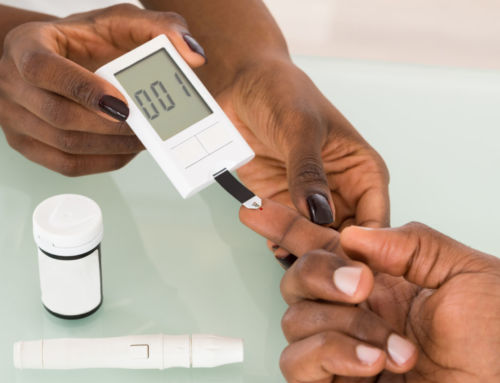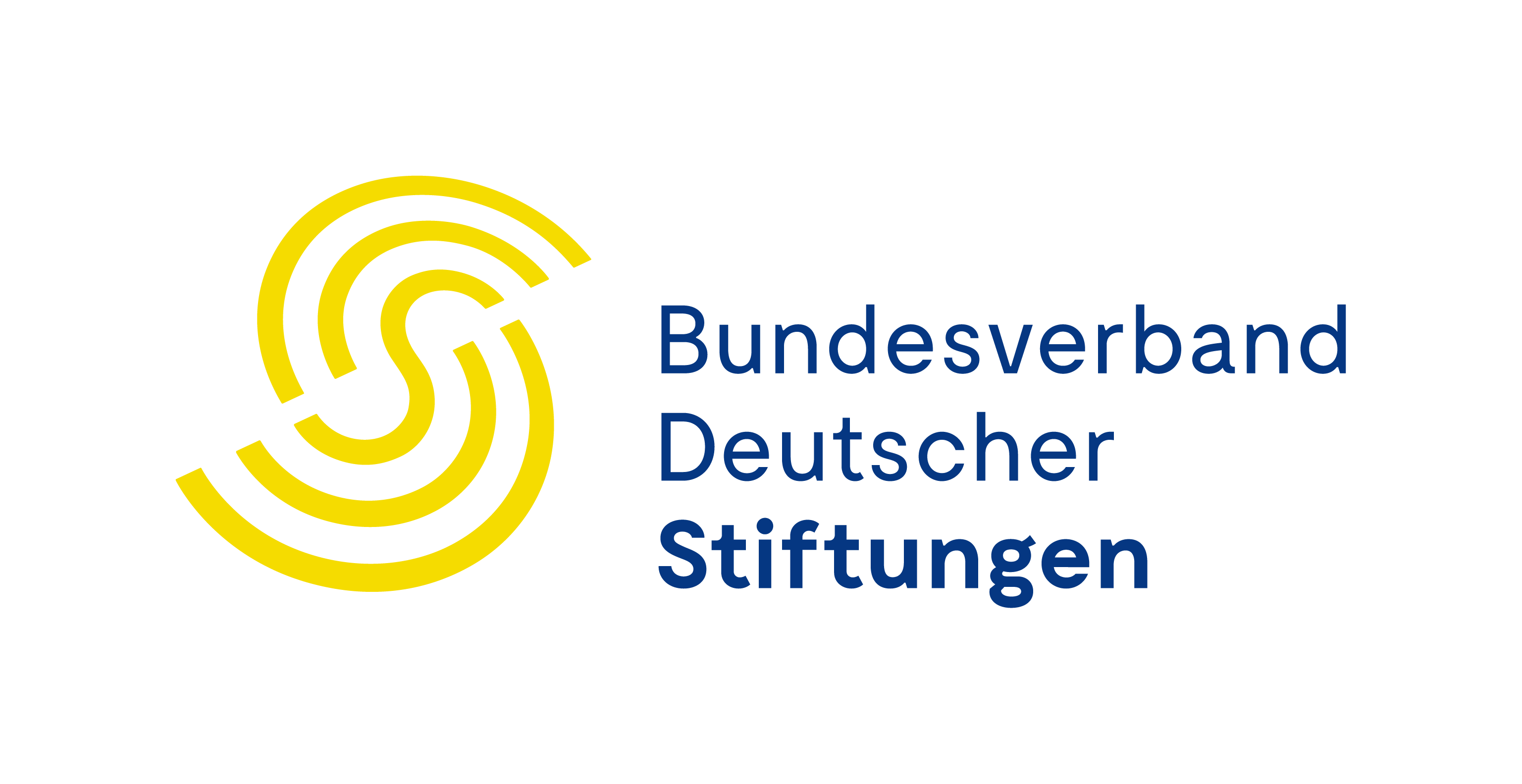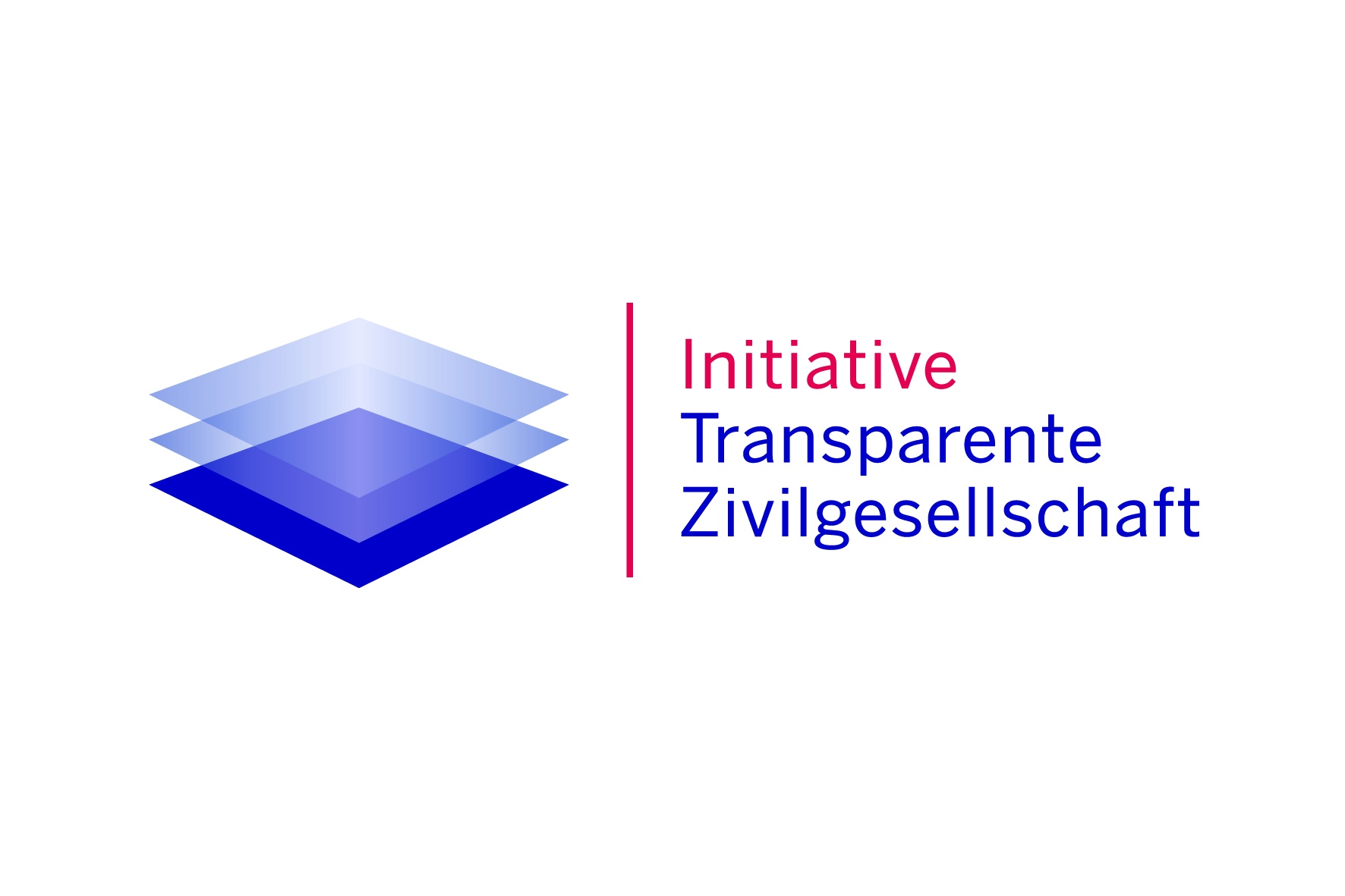Despite COVAX program, the availability of vaccine doses in Africa remains too low. We took a look at the vaccination status against COVID-19 in Africa.
Mainly thanks to the WHO’s COVAX initiative (acronym for “COVID-19 Vaccines Global Access”), which aims to ensure equitable distribution of vaccines against COVID-19, 47 African countries have received vaccines by the end of April 2021 (WHO Africa, COVAX (who.int), more also under Coronavirus pandemic in Cape Verde – Update). But in the meantime, it has become clear that the availability of vaccine doses is still too low. Countries are rapidly using up the vaccines, and supplies are urgently needed. We took a look at the vaccination status against COVID-19 in Africa.
Vaccination Progress Against COVID-19 in Africa
Ghana and Côte d’Ivoire were among the first African countries to receive a shipment of AstraZeneca vaccine through the COVAX initiative. The vaccines were shipped from the Serum Institute of India in Mumbai (source: unicef.de).
South Africa has been hit hardest by the COVID-19 pandemic on the African continent, according to published figures, and started vaccination as soon as the doses arrived. According to the vaccination schedule there, healthcare workers were vaccinated in the first phase. Phase 2 was followed by people in systemically important occupational groups, as well as people over 60 and those older than 18 with pre-existing conditions.
The continent hopes to have 67% of the population immunised by the end of 2021.
Shortage of Vaccine Doses Against COVID-19
This goal could become a challenge because of the lack of sufficient vaccine doses in Africa. Of the COVID-19 vaccines available worldwide, less than 2% have been vaccinated in Africa so far (WHO Africa), even though the continent accounts for the second largest share of the world’s population at 17.21% (Statista). By early April, nearly 600 million doses of vaccine had been administered worldwide, but almost two-thirds of these were given in only six countries (Spiegel International).
International and National Support in the Fight Against COVID-19
The African Vaccine Acquisition Task Team (AVATT), an organisation set up by the African Union, is supporting its member states to procure additional doses of vaccine. In mid-February 2021, AVATT received an offer of 300 million Sputnik V vaccines from the Russian Federation. This includes a funding package for all Member States wishing to secure this vaccine. Vaccination is scheduled to start in May 2021 (Source: DiePresse.com).
In addition, the US pharmaceutical company Johnson & Johnson has also announced that they will give a total of 400 million doses of their vaccine to the African Union by 2022. And the Chinese vaccine is also already being vaccinated in many countries in Africa, including Mozambique (Sources: aerzteblatt.de; Coronavirus and COVID-19 | DW).
Low Infection Figures, But…
Africa has fared better through the coronavirus pandemic than researchers initially feared. Across Africa, 4,579,500 corona cases have been reported and 122,561 of them have died (as of 04 May 2021, source: BBC News).
A key factor in containing the COVID-19 pandemic was the rapid and determined response of many African countries. This was particularly evident in terms of the implementation of numerous restrictions such as
- closure of borders for international travel,
- mandatory quarantine,
- curfew,
- ban on gatherings of several people.
The rapid response and implementation of measures proved to be a successful control strategy against COVID-19 in Africa.
However, it must also be pointed out that testing on the African continent is still much lower than in Western countries. The reason: The health systems cannot afford mass testing. Therefore, the number of people infected with COVID-19 in Africa is probably much higher. In addition, there are countries like Tanzania that do not disclose their infection figures. This also distorts the statistics.
Less Mobility, Fewer Corona Deaths
The number of Corona-related deaths in Africa is also lower than feared. This may be mainly due to the fact that the average age in Africa, at 18 years, is much lower than in Europe, for example, at 42 years (source: atanango.com). An infection with the coronavirus can be much milder in younger people than in older people. However, the living conditions in Africa also have an impact on the incidence of infection. Many people spend much more time outdoors, where the risk of infection is lower. The mobility of people is also lower than in Europe, which slows down the geographical spread.
Progress Through Crisis
A positive development can be reported in terms of innovations such as e-learning, homeschooling and home office. These were not widespread in Africa before the COVID-19 pandemic, but have now gained prominence in many African countries and work is underway to implement them.







